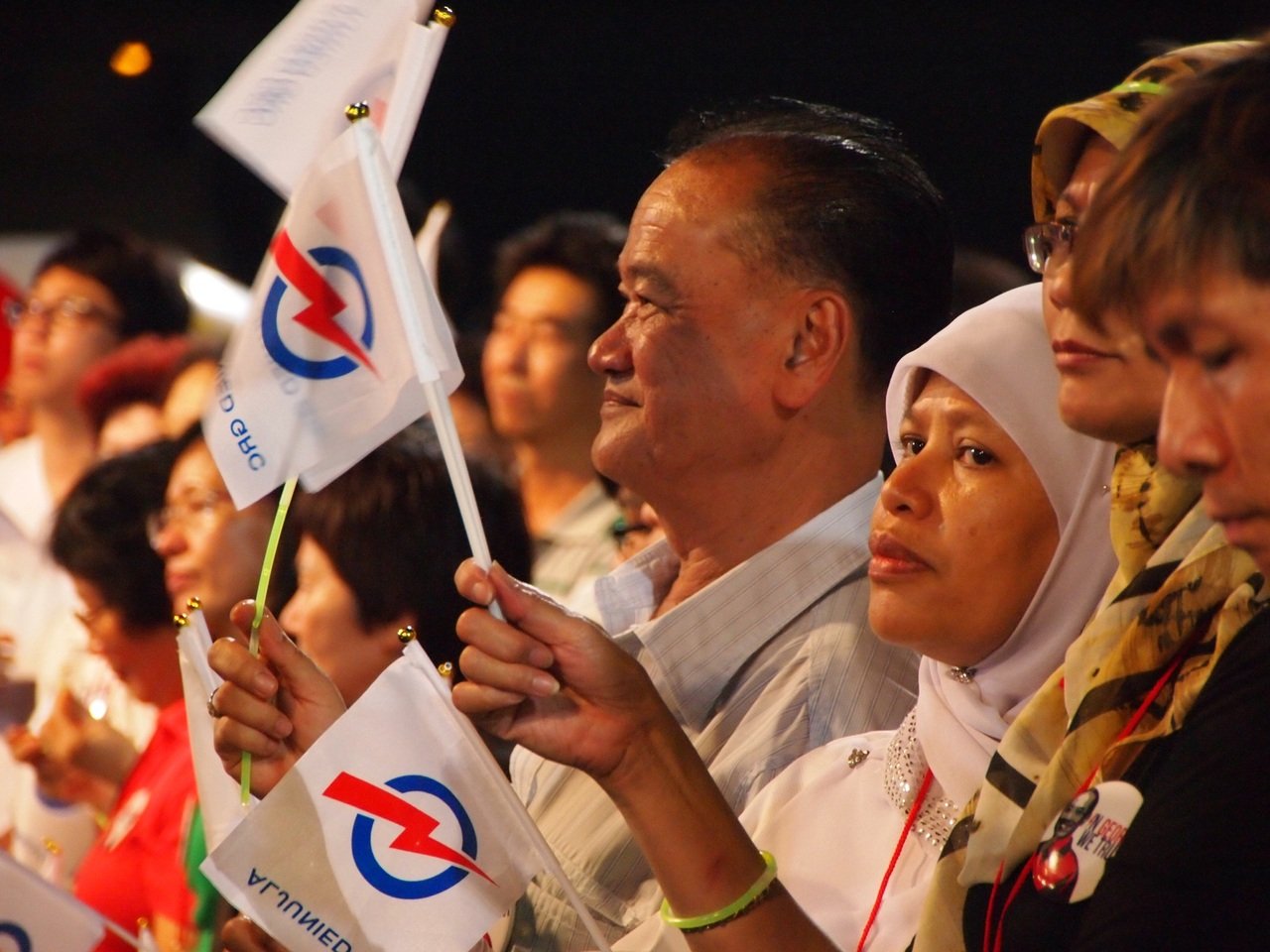A complex political process known as “the most complicated elections in the world” will begin in Thailand when the current Senate’s term expires on May 11, 2024. However, this process is expected to be more of a selection than an election.
The new set of 200 senators will take office in July 2024, marking a significant change from the current Senate. The present Senate was formed following the 2014 coup d’état, when the military junta, known as the National Peace and Order Maintaining Council (NCPO), dissolved the existing Senate and took power. The NCPO played a key role in drafting the 2017 constitution and establishing transitional institutions. After the May 2019 general election, the NCPO appointed the 250 current ‘transitional’ senators. Unlike the new Senate, this transitional Senate had the power to choose the prime minister.
Critics argued that the 2019 Senate was designed to maintain NCPO power. This was evident when the Senate blocked the Move Forward Party (MFP), the winner of the 2023 general election, from forming a government and nominating its candidate, Pita Limjaroenrat, as prime minister. This action thwarted the popular will.
The upcoming Senate elections will be crucial for Thailand’s democracy, offering a chance to reshape the upper house to be more representative, unlike the outgoing Senate.
Election Details:
How do the elections work?
While most Thai citizens can apply to be Senate candidates, only those who apply can vote in the election. Candidates must be linked to their area of residence and occupation and pay an application fee of 2500 Baht (68 USD), which Human Rights Watch identifies as a barrier to an inclusive election process.
Who can run?
According to the Election Commission of Thailand, senatorial candidates must:
- Be natural-born Thai citizens and at least 40 years old.
- Have at least 10 years of experience in their occupational field.
- Hold no political positions, meaning political party members and public servants cannot run. Former parliament members must wait five years before applying, and the children or spouses of parliament members cannot run.
- Have ties to the district they apply from through birth, residence, or at least two years of continuous work or study.
Candidates can apply to one of 20 specified occupational groups. They must pass a qualification test in their field before entering the self-selection process within their group. Voting will occur in three rounds: district, provincial, and national. The top 10 candidates from each group will be appointed as senators. For more details, refer to the Thai non-governmental organization iLaw.
Timeline
The Election Commission will share a proposed timeline for receiving applications on May 13, with polls planned between June 9-26, and results expected on July 2.
Senate Powers
Unlike the previous Senate, the new Senate will not have the power to elect a prime minister. However, the new senators will still have significant influence in Thai politics over the next five years. Their powers include scrutinizing and endorsing key bills, voting on constitutional amendment proposals, and endorsing candidates for independent agencies like the Election Commission of Thailand, the Constitutional Court, and the National Anti-Corruption Commission.
Prospects for Broad Participation
Civil society organizations and activists have launched a “Run to Vote” campaign, urging all eligible Thais to vie for Senate seats. Rights advocates and activists hope that more candidates from diverse backgrounds will reduce the risk of vote manipulation and the rise of figures with hidden agendas tied to the military establishment.




